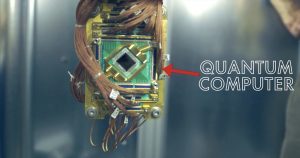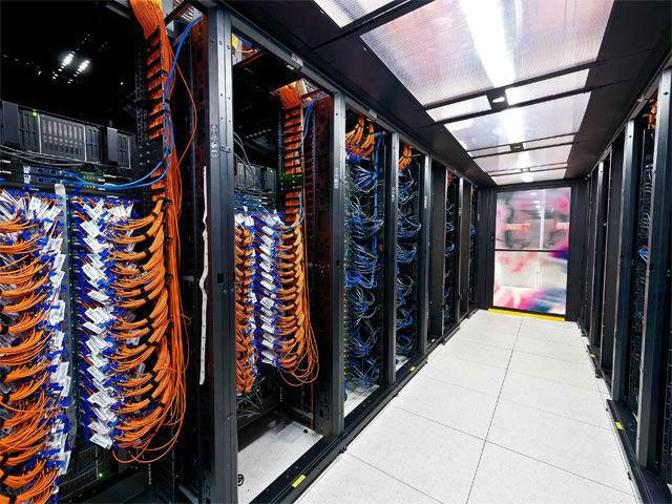
Commercial Production Of Quantum Computers Is Still Some Time Away, Waiting For Hardware To Catch Up
Quantum computing studies theoretical computation systems (quantum computers) that make direct use of quantum-mechanical phenomena, such as superposition and entanglement, to perform operations on data. Quantum computers are different from binary digital electronic computers based on transistors.
Whereas common digital computing requires that the data be encoded into binary digits (bits), each of which is always in one of two definite states (0 or 1), quantum computation uses quantum bits, which can be in superpositions of states. According to an expert, Commercial production of quantum computers that would process information much faster than today’s supercomputers is still some time away industry has to first solve hardware issues in quantum technology.

Quantum theory is about nature at its smallest scale and energy levels and describes the behavior of subatomic particles like electrons, protons, neutrons, and photons. In silicon chips of classical computers, the unit of data is rendered in one of two states 0 or 1 pertaining to true/false or yes/no state.
The unit, or “bit” in regular computing, becomes “qubit” in quantum theory, which can be either 0 or 1 or in a superposition of them both at the same time. This means that where a normal computer makes calculations sequentially, one at a time, a quantum computer would be able to process information simultaneously, thus making it much more powerful.
Alexey Kavokin of the Russian Quantum Centre (RQC) and Professor at the University of Southampton in the UK explains the power of a quantum computer grows exponentially with the number of quantum bits that can be manipulated.
“There is a hardware problem to be resolved before the world can realize quantum computing on an industrial scale,” Kavokin said, noting the difficulties in the way of realizing the kind of future scenario brilliantly depicted in the sci-fi thriller “Minority Report” (2002), directed by Steven Spielberg.
Building a quantum computer requires a physical qubit that is well isolated from the environment, he said, adding that stabilizing it in a physical platform is the key. The movie details a future technology that makes it possible for cops to catch criminals before a crime is committed. “Researchers are currently seeking platforms that permit manipulating quantum states in room temperature conditions. Unless this hardware problem is solved, mass quantum computing is still far away,” he said.
“Quantum science is a new domain… cold atoms, superconducting qubits… no industry has these at the current juncture,” Kavokin said. “In some 3-4 years time, we can demonstrate a room-temperature quantum simulator with several hundred nodes. The problem is one of scaling… till now we have arrived at a superconducting quantum circuit of 50 qubits.”
Quantum mechanics has led to devices like broadband optical fibers and Smartphone displays which work using photons the smallest indivisible quanta or unit of light. Photons have both a wave-like property and they also behave like particles first explained by Albert Einstein. Owing to the enormous potential of quantum computers, companies like Google, Microsoft, and IBM have invested massively in quantum computing research.
Researchers have found that some qubits, such as those made from silicon atoms, only work at very low temperatures, near absolute zero or zero degrees Kelvin (-273.15 degree centigrade).
“The world is not prepared for total privacy. Most governments the world over control their populations through control over information. So, if information becomes completely private, they would lose this control,” Beloussov, also an MIPT alumnus, said. Therein lies the rub for the new technology.
This technology creates special blocks which are signed by quantum keys, rather than traditional digital signatures.